The Complete Guide To Your Emotions: Part 3
Nobody is responsible for the emotions you feel except for you… right? In theory it seems to be true, but in action it is sometimes so difficult to not let the emotions of others have an influence on you. This concept is referred to as emotional contagion, and it is when one person’s emotions trigger similar emotions in others.
Click below to read parts 1 and 2 of my 3 part blog series on emotions:
Part 1: What Are Your Emotions Really Telling You?
Part 2: How To Stop Letting Your Emotions Control You
Why Are We So Sensitive To Other People’s Emotions?
Have you ever walked into a room and things just felt off? Maybe there was a tension in the air but you did not know why. This is an example of a moment when we can sense something is off with how other people are feeling.

Things such as nonverbal behavior can be clues, as well as those sensations of feelings in the air. Seriously, there have been studies conducted showing a potential for the ability to detect emotions in the air through certain gases we emit in our breath.
Have you ever heard the phrase or the idea that animals can smell fear? I have a friend who no matter what, one of my parent’s dogs hates. Every time my friend goes to my parent’s house, the dog starts barking and goes towards the point of attacking her no matter what. (He’s a harmless Chihuahua, by the way.) I have always wondered- why does he get so scared around her?
When I read this article it all started to make sense. Dogs were exposed to fear smells from humans and they determined that “dogs can smell your emotional state, and adopt your emotions as their own.”
Therefore, if dogs can smell these emotions, it clearly means that these emotions are emitted into the air by humans in some way.
Free Masterclass
The Benefits Of Emotional Contagion
So, what does this all mean? Why do we have these innate senses to feel out the emotions of the people around us?
Humans are social creatures. We have thrived and survived due to our ability to communicate and work together. Our complex methods of communicating have been a vital part of our survival.
Technology, architecture, and concepts such as morals and government would not exist if we were solitary beings. Therefore, our ability to communicate verbally, non-verbally, and through our emotions has helped us work together and evolve as a society.
On a smaller scale, the ability to sense the emotions of the people close to you can help you determine how to act around them. It can be a form of protection so that you do not continually trigger somebody who may get physically aggressive. Additionally, it can be a way of determining if another person is romantically interested in you.
Other people’s emotions are another form of communication to help us get nonverbal feedback as we are engaged in social interactions or activities.
* A word of warning- it is a falsity to think that you can read other people’s emotions. Although there are universal facial expressions or behaviors (such as crying) that people typically display, this is not a hard and fast rule that when somebody is crying they are sad.
As an example, people can cry tears of happiness, sadness, frustration, or anger. Emotions are a signal, and the follow-up should always be a verbal conversation to avoid making assumptions about how another person feels.

Taking On People’s Difficult Emotions
When you go beyond the point of just noticing how somebody else is feeling, and you begin to take on his or her emotions- this is emotional contagion.
Emotional contagion can happen unconsciously, or it can happen when you consciously think about another person’s emotions and take them on.
The possible downfalls of taking on other people’s emotions can occur in the following situations:
- When you carry around the emotions of others long after you are no longer with them.
- When you react to another person’s intense emotion intensely from your end and you are just adding more fuel to the fire.
Stop Taking Things Personally
Our emotions affect us more when we take other people’s emotional experiences personally. This is so incredibly common.
For example, your coworker is more distant today than usual. You ask him if he can help you with one of your reports and he snaps at you and says, “No, I can’t help you all the time.” Then, you take it personally and wonder why your coworker is angry with you. Did you do or say something wrong?
More likely than not, your coworker is not responding because of something you did or said. Your coworker is more likely responding out of his current emotional state, which is probably influenced by his mood and how stressed he is.
This is true for the vast majority of interactions. Most often, people are acting out of their emotions, their defense mechanisms, insecurities, and everything that has happened to them in their lives up to this very point. It is almost never about you.
“You are not responsible for the emotions and reactions of others.”
@tatianaglpc
Even if you think you may have said something to trigger somebody, unless you had a negative intent (which hopefully you did not), you did nothing wrong. Use this as a learning opportunity for what to say (or not to say) around this person next time.
I want to repeat what I said earlier: You are not responsible for the emotions and reactions of others.
You can only control your behaviors and thoughts. And this is the key to not taking on other people’s emotions.
Use Positive Communication And Compassion
So how do you protect yourself from fully taking on other people’s emotions, while still offering support and kindness?
You can do this by providing compassion, support, and connection.
You can show others empathy by acknowledging their emotions. Never minimize somebody else’s emotions, because this will usually result in the person feeling unsupported and defensive. The simple act of saying, “I’m sorry you feel that way,” or “I’m here if you need anything,” can let the person know you care and are open to listen.
You can also show other people compassion to help them and prevent yourself from becoming too emotionally influenced. An example of this would be expressing verbally, or even just thinking, that you wish the best for them and for them to not suffer.
Loving kindness meditations are an excellent practice in the act of extending kindness and compassion towards yourself and others. This can soften the emotional blows you experience from taking on other’s emotions, and provide a space for cultivating kindness as opposed to defensiveness and holding onto difficult emotions.

Be Intentional With Who You Surround Yourself With
Motivational speaker Jim Rohn famously stated, “You’re the average of the five people spend the most time with.” Apparently, that quote can be extended:
“You’re not the average of the FIVE people you surround with. It’s way bigger than that. You’re the average of all the people who surround you. So take a look around and make sure you’re in the right surroundings.”
https://medium.com/the-mission/youre-not-the-average-of-the-five-people-you-surround-yourself-with-f21b817f6e69
Take some time for reflection. Pay attention to how you feel when you are around friends, family, your significant other, acquaintances, coworkers, etc… Do you feel better or worse? Do you feel motivated and energized, or drained and hopeless?
These are all clues to how the emotions of others unconsciously leak into your experience and mood. Additionally, pay attention to how you feel after you have spent time with somebody. How do their behaviors and statements linger within you?
This is not an opportunity to blame others for how you feel, because these people are not responsible for how you feel. This is an opportunity to notice how their emotional energy influences you.
How do you want to feel? Is it different from how you feel when you are around certain people?
There are some social interactions that we don’t always change- annoying coworkers or downer family members. But you are not bound to all of your relationships. Sometimes the best thing for you can be to cut out or distance yourself from “toxic” or negative people.
If this seems like the right choice for you, take time with these decisions and also make choices to create more positive relationships and friendships. Join networking groups, craft clubs, gym communities, and/or online communities to increase the positive emotional motivation and vibes you expose yourself to.
You Are Not Your Emotions
At the end of the day, your emotions are just temporary states and your emotions are not who you are. If you have not yet read parts 1 and 2, please check them out below for more information and tips on your emotions!
Please let me know in the comments below if you have any additional tips for not allowing other people’s emotions to affect you.
The Complete Guide To Your Emotions:
Free Masterclass

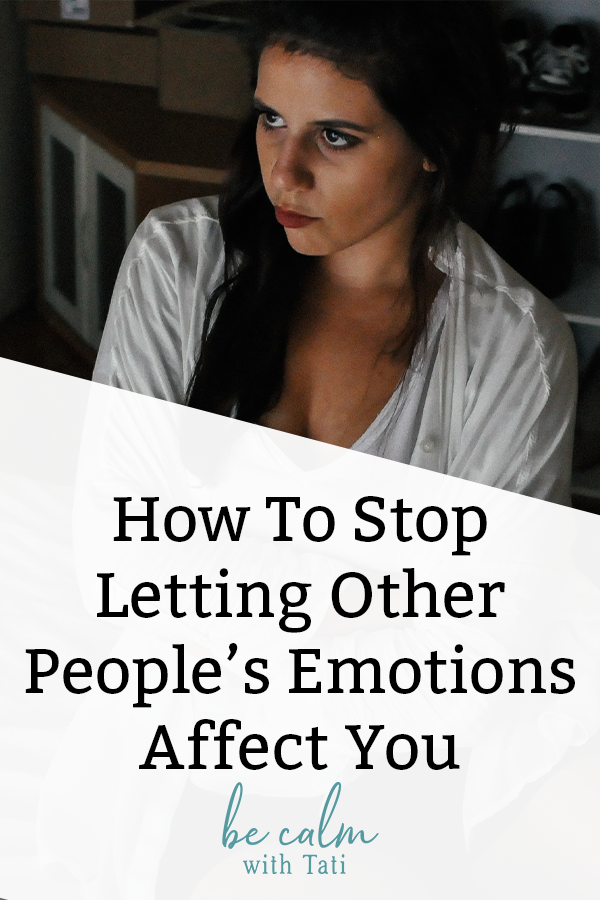
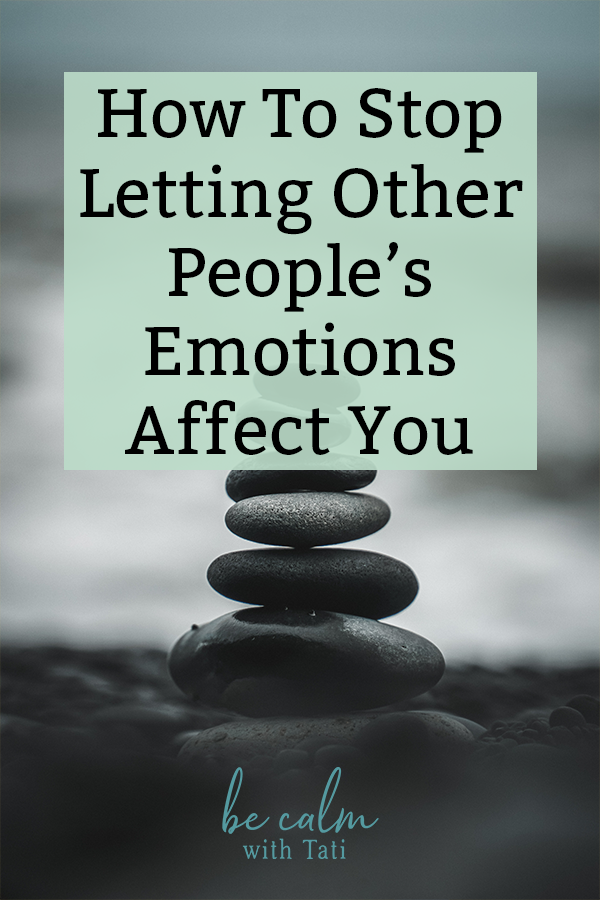




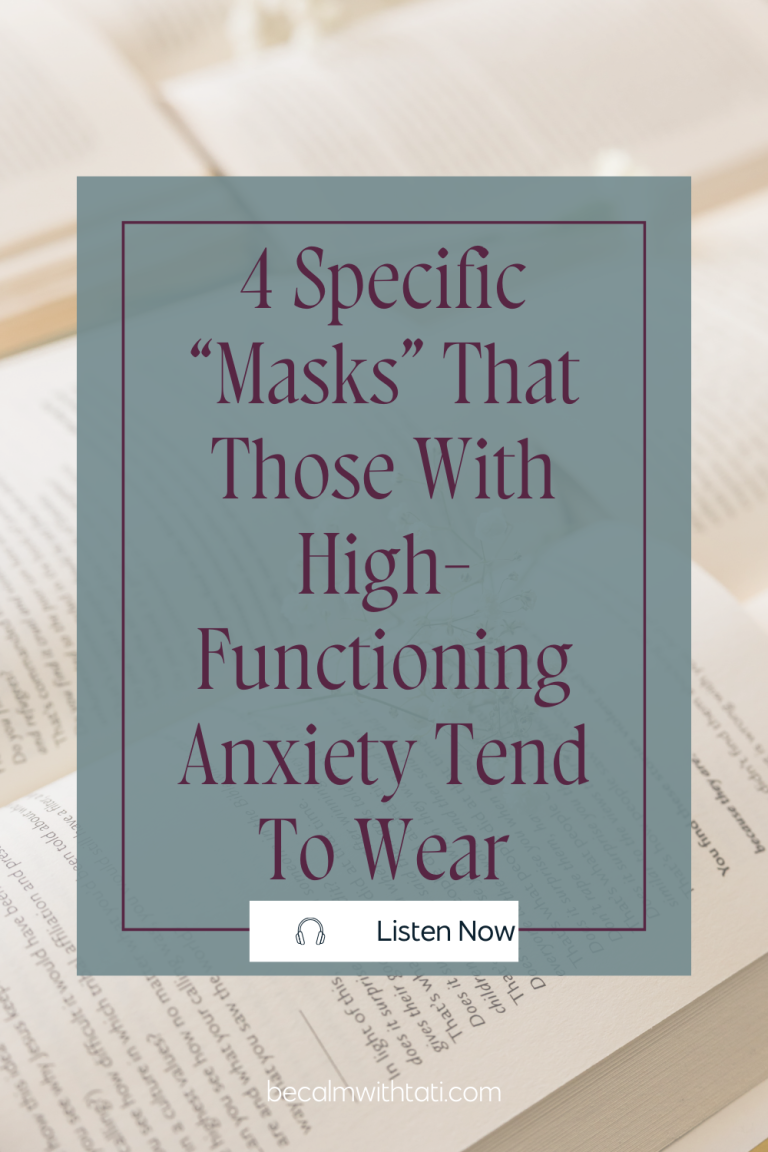

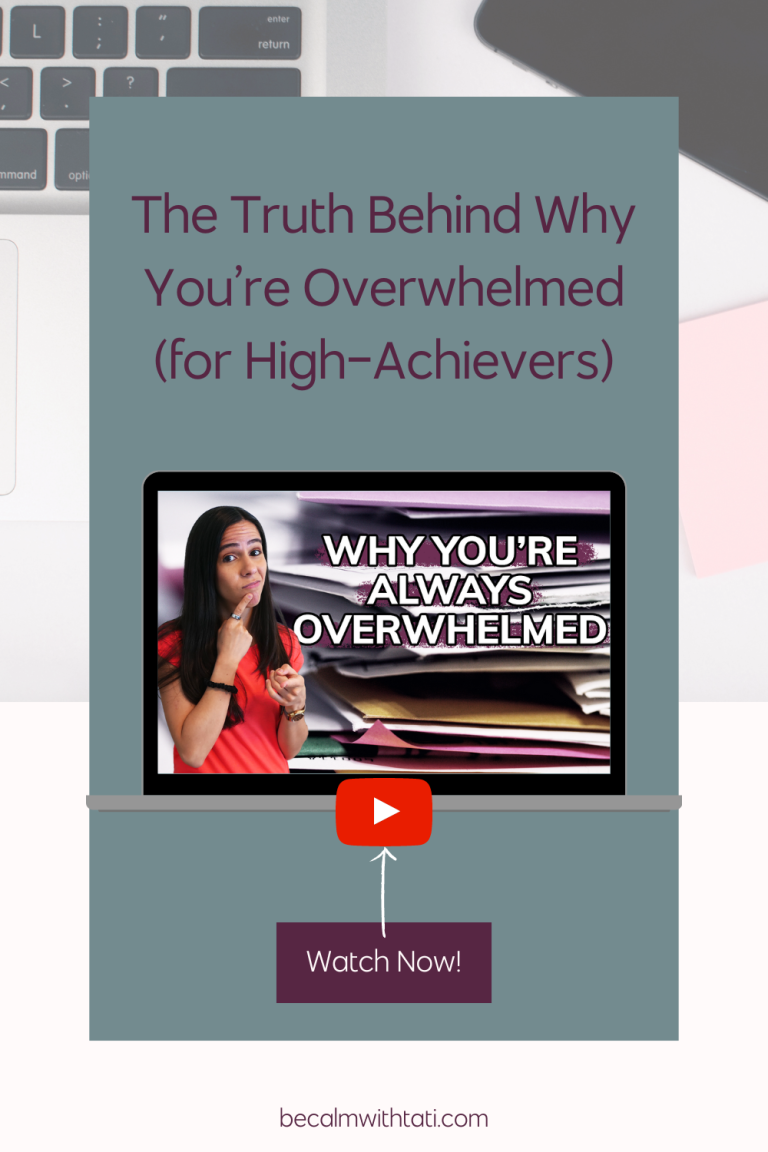
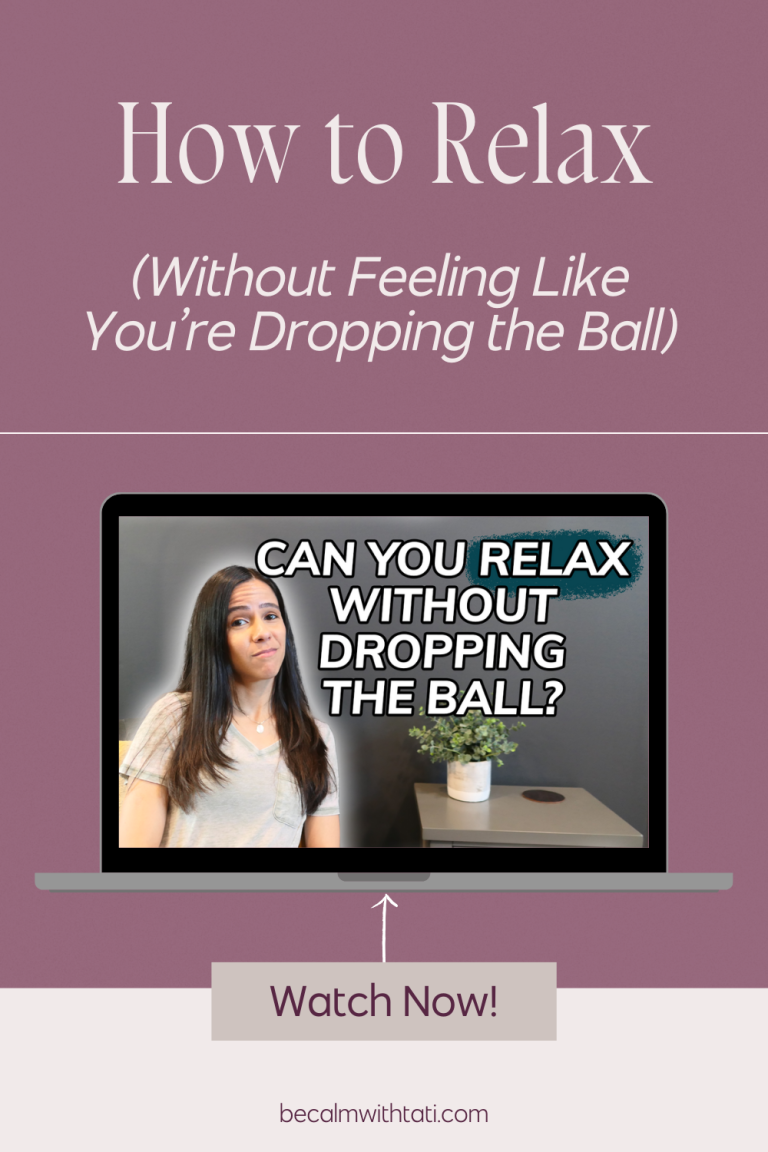






2 Comments
Thanks this was great information
Thanks! I’m glad you found it helpful.